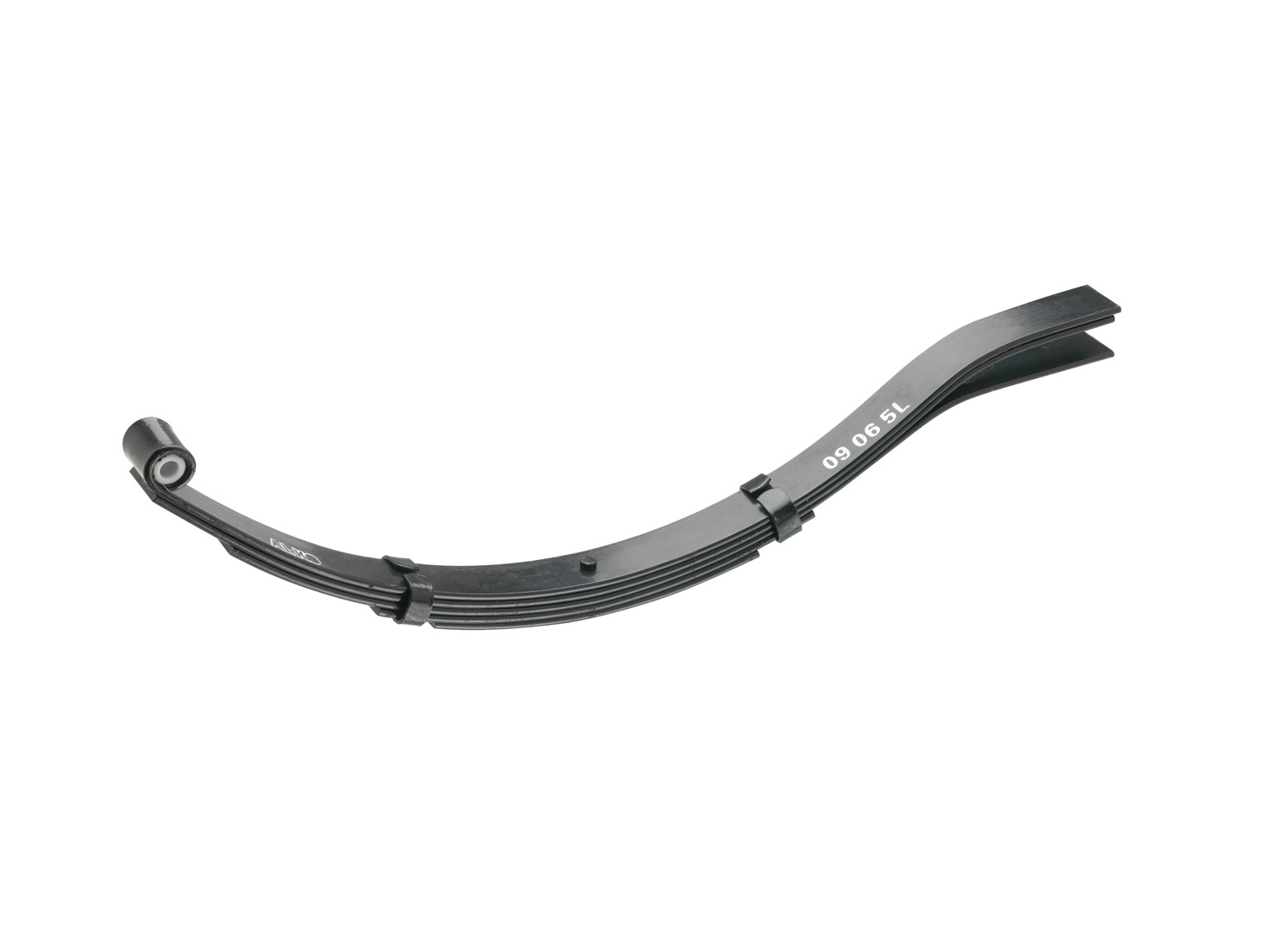Lithium batteries are quickly gaining traction as the ‘new’ caravan battery, but how do you know if you should make the investment? We explain the technology and weigh up who would benefit most from installing one. What Is a Lithium Caravan Battery? The lithium batteries available to the RV market are LiFePO4 (lithium iron phosphate), a recent, more stable and therefore safer version of the original LiCoO2 (lithium cobalt oxide) batteries which are typically used in mobile phones, laptops and digital cameras. LiFePO4 batteries might also be called lithium-ion, but technically lithium-ion (or ‘li-ion’) is the generic name for all lithium batteries. The Benefits Are Not Lightweight There are so many reasons why lithium batteries are becoming widely adopted, particularly by the off-road caravan industry:
- Lithium batteries have a high energy density and are therefore much lighter, saving up to 70% of the volume and weight of traditional lead batteries of similar rated capacity.
- LiFePO4 batteries can supply a current that is considerably higher than any other, for instance a 180Ah lithium battery is equivalent to a traditional 300Ah AGM lead battery.
- They can be charged through mains power, the alternator while driving or other power sources such as solar panels.
- Lithium batteries are ultra-fast charging and, unlike traditional batteries, don’t need to be fully charged before use. In fact, they do better with only a partial recharge, achieving 90% efficiency under shallow discharge conditions. This is of particular benefit if your caravan’s solar power system doesn’t generate sufficient power to charge a regular battery.
- Being lighter and smaller, lithium batteries mean you gain space for storage, reduce payload and therefore improve fuel efficiency.
- Without the toxic heavy metals or corrosive acids of traditional lead batteries, lithium batteries are by far the most environmentally friendly battery technology currently available.
Do You Need It? Lithium caravan battery systems are a lot more efficient and lightweight, but they aren’t cheap – costs currently range from $2000 to $5000. If most of your caravanning holidays are spent driving on freeways and staying in caravan parks plugged into town power, lithium batteries are probably a needless expense. Unless you’re buying a prestige caravan, the extra cost may not be worthwhile. Where they really come into their own is when you do a lot of off-roading or are reliant on solar power for weeks at a time. They’re light, so you can reduce weight considerably – at least 50 per cent – by jettisoning the old lead batteries you’ve been carrying to power your lifestyle when off the grid. The savings on fuel costs probably won’t balance out, but it all counts. LiFePO4 is initially more expensive than lead-acid batteries, but the efficiency, longer life span and lighter weight make it a financially sound choice – if you use it. Until the costs come down it’s probably best to weigh up the advantages relative to your own situation before jumping on the bandwagon. Mains, solar, battery or generator: what’s the best caravan power supply? We weigh up the options.





